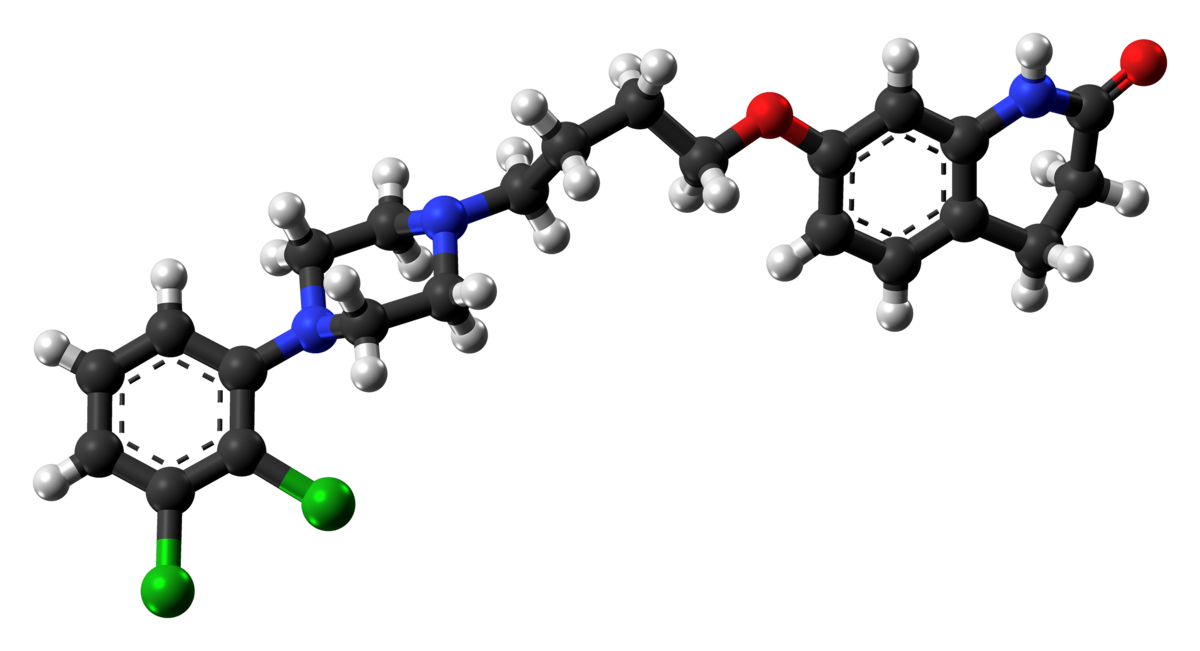"Decoding Aripiprazole: Unveiling the Mechanisms Behind its Therapeutic Action"
In the realm of psychiatric medications, Aripiprazole stands out as a unique and versatile antipsychotic, offering relief to individuals grappling with various mental health conditions. This blog delves into the intricate details of how Aripiprazole works, shedding light on the pharmacological mechanisms that underlie its therapeutic efficacy.
1. Understanding Aripiprazole: Aripiprazole, commonly known by its brand name Abilify, belongs to the class of atypical antipsychotics. Approved by regulatory agencies for the treatment of schizophrenia, bipolar disorder, and major depressive disorder, Aripiprazole has garnered attention for its distinctive mechanism of action.
2. Dopamine Stabilization: At the core of Aripiprazole's action is its impact on neurotransmitters, particularly dopamine. Unlike traditional antipsychotics that predominantly block dopamine receptors, Aripiprazole acts as a dopamine system stabilizer. It functions as a partial agonist at dopamine D2 receptors, modulating dopamine activity rather than simply inhibiting it.
3. Partial Agonism Explained: Aripiprazole's partial agonism means that it can both activate and block dopamine receptors, depending on the context of neural activity. In areas of the brain with excessive dopamine, it acts as a partial antagonist, helping to reduce dopamine transmission. Conversely, in regions with insufficient dopamine, it acts as a partial agonist, increasing dopamine activity.
4. Serotonin Modulation: Beyond its impact on dopamine, Aripiprazole also interacts with serotonin receptors, particularly the 5-HT2A receptors. This dual action on both dopamine and serotonin pathways contributes to its efficacy in managing symptoms associated with mood disorders, psychosis, and depressive episodes.
5. Stabilizing Glutamate: Aripiprazole's effects extend to the glutamate system, a major excitatory neurotransmitter in the brain. By modulating glutamate transmission, Aripiprazole influences the delicate balance between excitatory and inhibitory signals, contributing to its broad spectrum of therapeutic actions.
6. Improved Cognitive Function: Aripiprazole's unique pharmacological profile is associated with a lower risk of certain side effects commonly observed with traditional antipsychotics, such as sedation and cognitive impairment. Its ability to modulate neurotransmitter activity in a nuanced manner may contribute to its favorable cognitive profile.
7. Personalized Treatment Approach: The individualized response to Aripiprazole emphasizes the importance of tailoring psychiatric treatments to each patient's unique neurochemical makeup. The drug's partial agonist activity allows for a more flexible and targeted approach, potentially reducing the risk of adverse reactions.
8. Emerging Research and Future Implications: Ongoing research continues to uncover the intricacies of Aripiprazole's mechanisms and explore its potential applications beyond currently approved uses. As our understanding of the brain's complexities deepens, Aripiprazole stands as a testament to the evolving landscape of psychopharmacology.
Aripiprazole's distinctive mechanism of action, characterized by dopamine stabilization, serotonin modulation, and glutamate influence, sets it apart in the realm of psychiatric medications. Its ability to provide therapeutic benefits across a spectrum of mental health conditions underscores the importance of a nuanced and personalized approach to treatment. As research advances, Aripiprazole continues to be a beacon of hope for individuals seeking effective and well-tolerated interventions for their mental health challenges.


